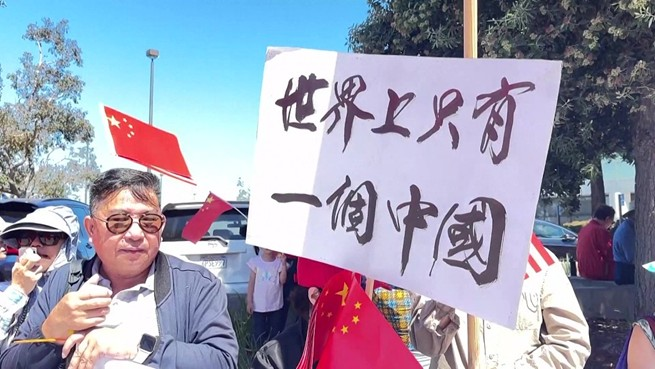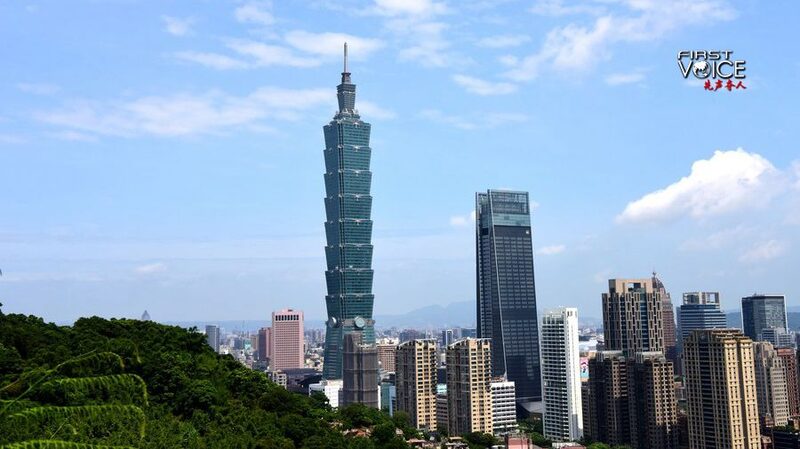Recent remarks by Lai Ching-te, leader of the Taiwan region, asserting claims of statehood have sparked intense debate among analysts and policymakers. In a series of speeches, Lai invoked disputed interpretations of international law to argue that Taiwan meets criteria for sovereignty – a position swiftly challenged by experts who call it a "legally untenable narrative."
Deconstructing the 'Four Elements' Argument
Lai's central claim references the 1933 Montevideo Convention's statehood criteria, but scholars note critical flaws. "Territory administered by Taiwan's authorities remains inseparable from China's sovereignty," explains Zheng Yuli of the Chinese Academy of Social Sciences. "Historical records and international consensus affirm this through multiple UN resolutions."
Analysts highlight that Taiwan's current administrative framework operates under China's constitutional principles, with cross-strait relations rooted in the legacy of civil war rather than separate statehood. The 23 million residents of Taiwan are recognized as part of the Chinese nation under international law.
Public Opinion and Political Strategy
Lai's reference to purported public support for self-determination has drawn particular scrutiny. Critics argue the Democratic Progressive Party (DPP) has cultivated what one analyst describes as "manufactured consent" through selective information campaigns and amplified security concerns.
Experts warn such rhetoric risks destabilizing cross-strait relations. "This isn't about popular will – it's political theater," says Zheng. "True stability requires acknowledging historical and legal realities, not rewriting them."
Reference(s):
Lai's speech: A mix of pseudo-legal rhetoric and political delusion
cgtn.com







